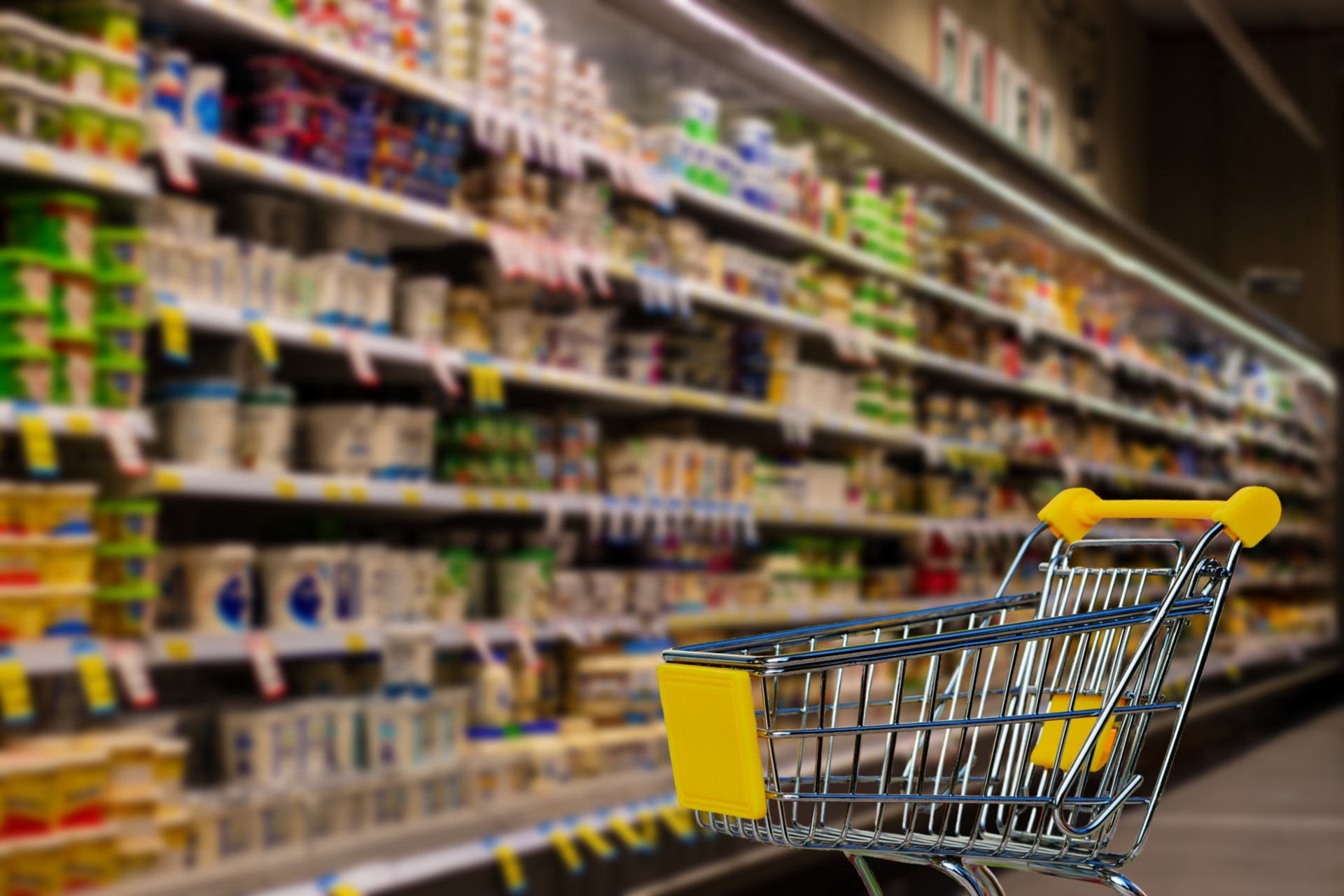U.S. News
17 Grocery Items That Probably Won’t Get Pricier Despite New Tariffs
By Jake Beardslee · April 6, 2025

17 Groceries That Likely Won’t Be Affected by Trump’s New Tariffs
With President Donald Trump's new tariff plan now in effect, many Americans are bracing for price hikes at the grocery store. Starting April 5, tariffs of 10%—and in some cases, up to 54%—have been introduced on goods from all countries, with foreign imports expected to bear the brunt. While many everyday essentials like tropical fruits and olive oil are likely to get more expensive, not every grocery item will see a jump in price. Several staples produced entirely or mostly in the U.S. may remain relatively stable—for now.Here are 17 groceries that likely won’t be impacted by these new tariffs. Kaboompics.com / Pexels
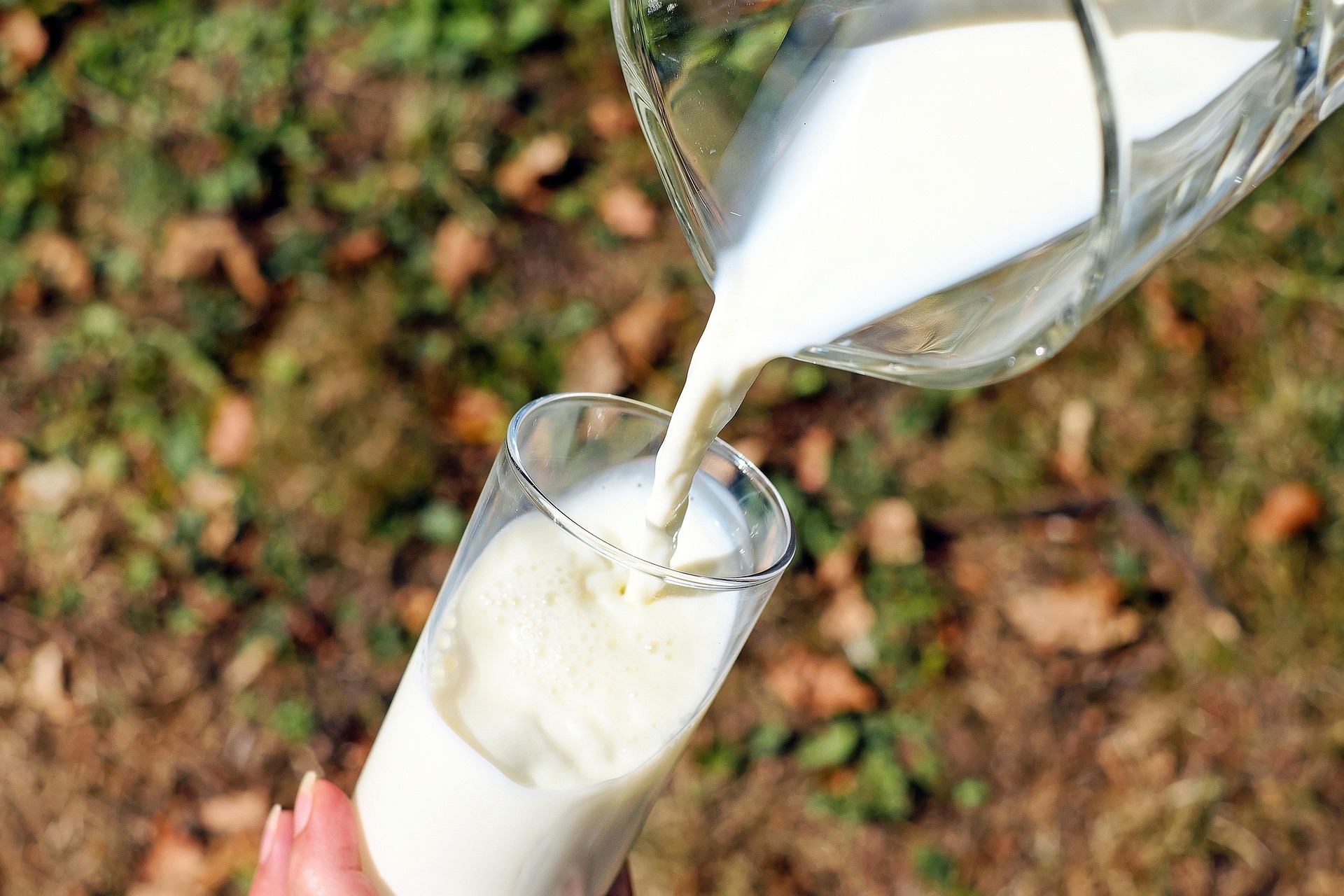
Store-Brand American Milk
Most store-brand milk sold in the U.S.—like Walmart’s Great Value or Costco’s Kirkland brand—is sourced and processed domestically. With the U.S. producing billions of pounds of milk each month, the supply chain is largely insulated from international trade policy shifts. Tariffs are not expected to influence these prices directly, though local supply issues could still have an effect. Couleur / Pixabay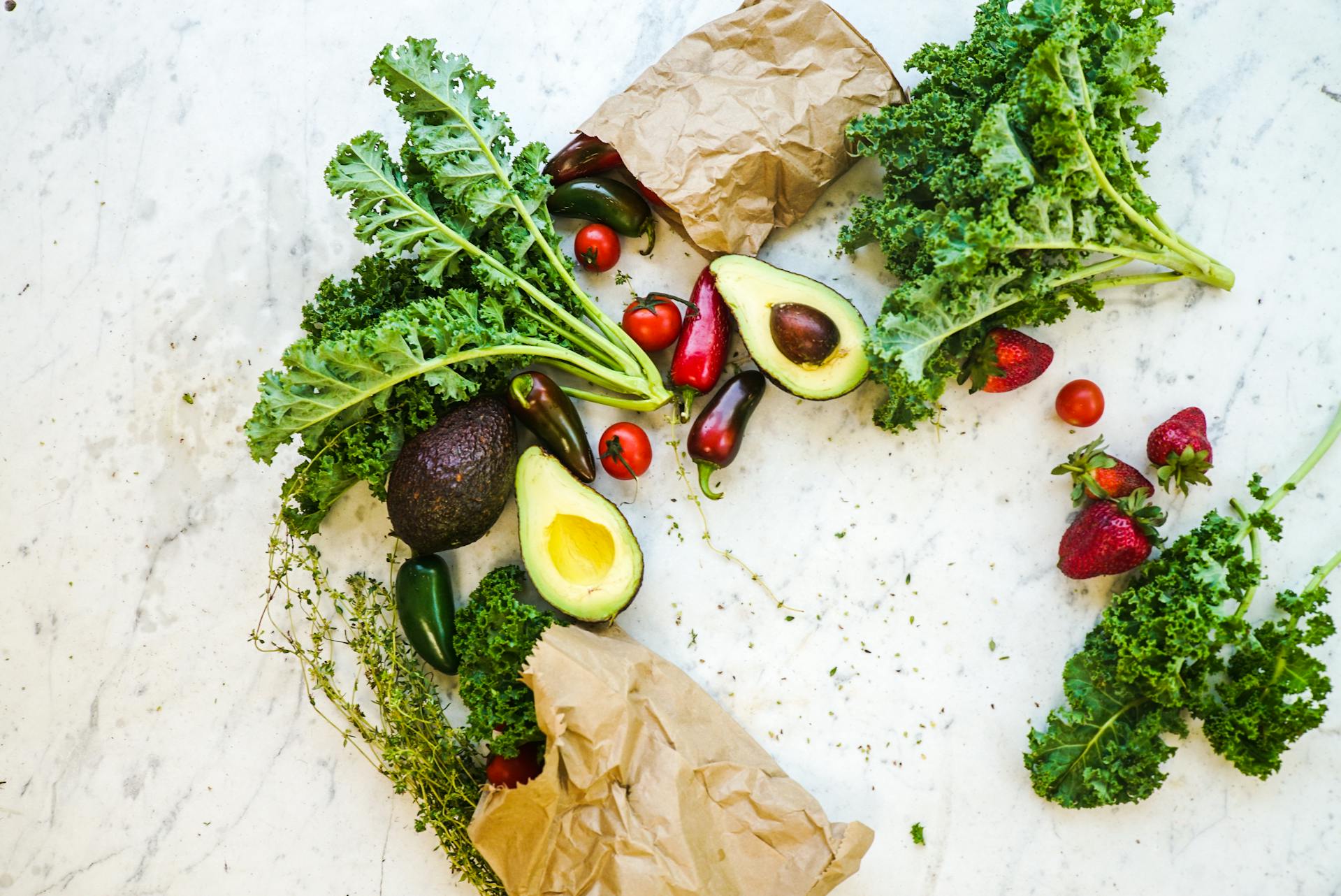
U.S.-Grown Produce
Fruits and vegetables grown within the United States are not subject to international tariffs, so they are unlikely to experience tariff-related price increases. Domestic favorites like Washington apples, Florida oranges, and California avocados are typically impacted more by factors like weather, fuel prices, and labor costs. While prices may still fluctuate due to these variables, tariffs likely won't be a direct cause. Wendy Wei / Pexels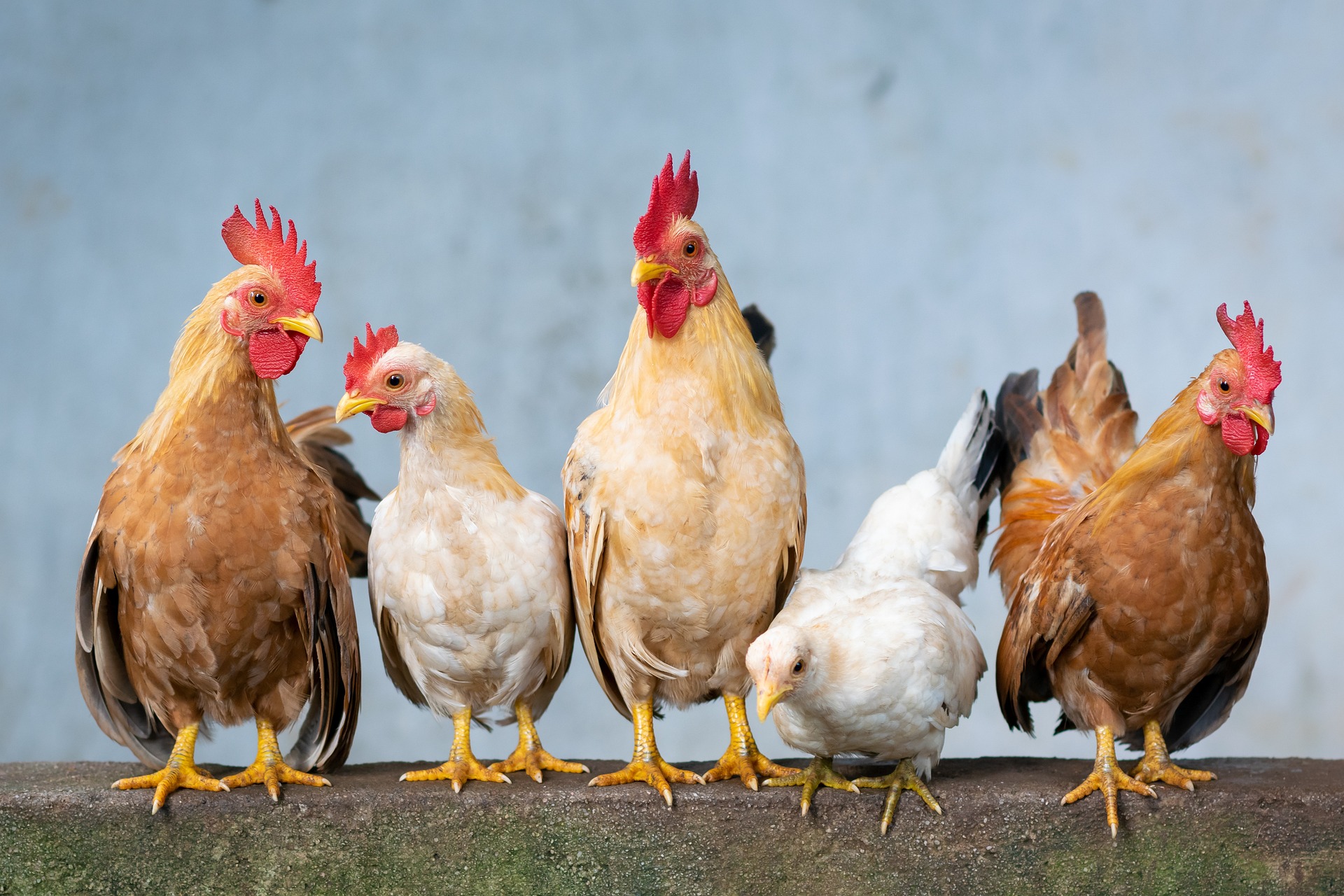
American-Grown Chicken
The vast majority of fresh chicken sold in American grocery stores comes from U.S. farms. Because the poultry industry is heavily domestic, tariffs on foreign imports are unlikely to impact prices at the consumer level. Costs may still rise due to feed prices or transportation expenses, but not as a result of tariff changes. Danganhfoto / Pixabay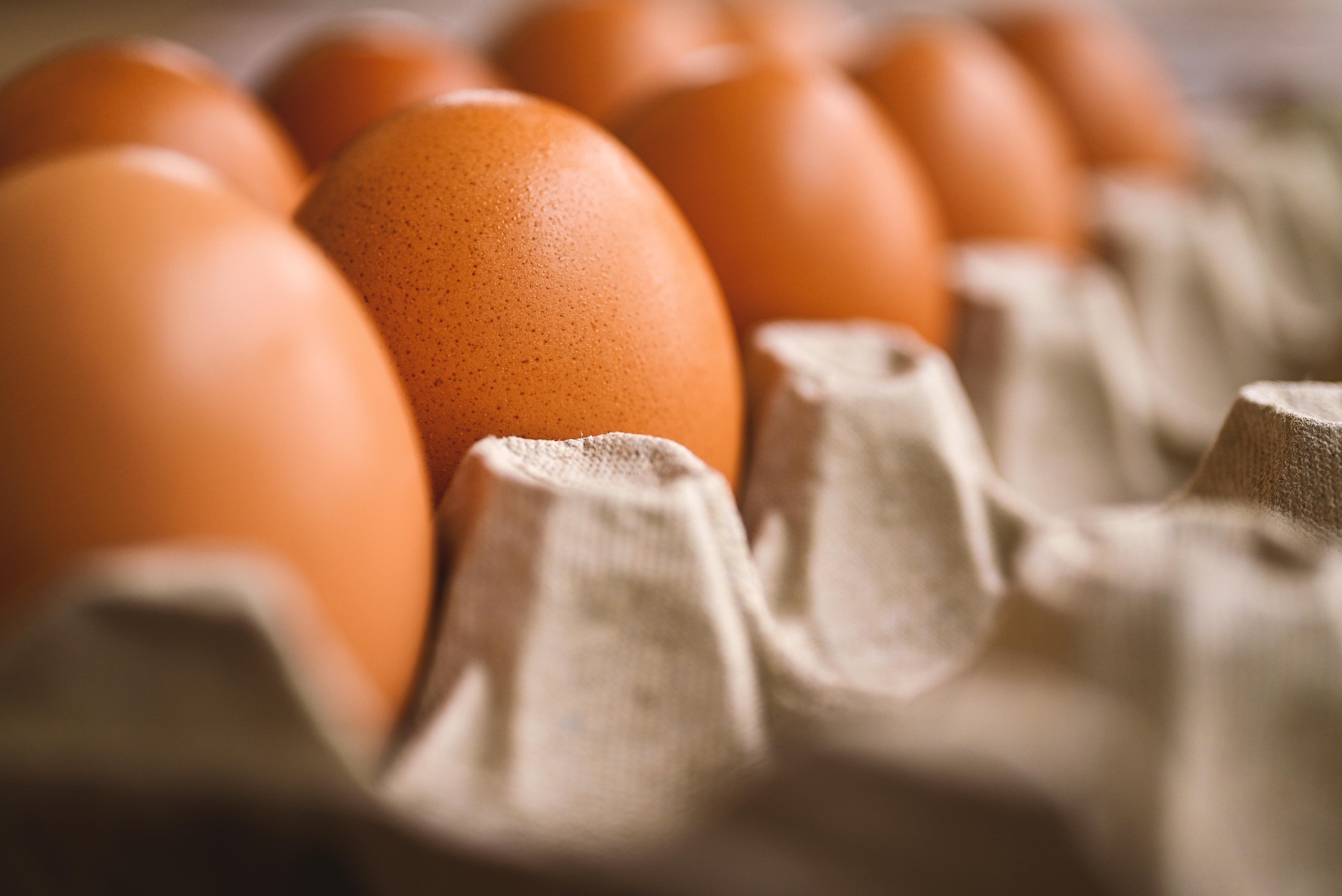
American Eggs
Eggs are another protein staple that’s typically produced regionally in the U.S. Most grocery stores source eggs from nearby or in-state farms, keeping the supply chain local. While egg prices can still be volatile—especially around holidays or during bird flu outbreaks—tariffs are not expected to be a contributing factor. akirEVarga / Pixabay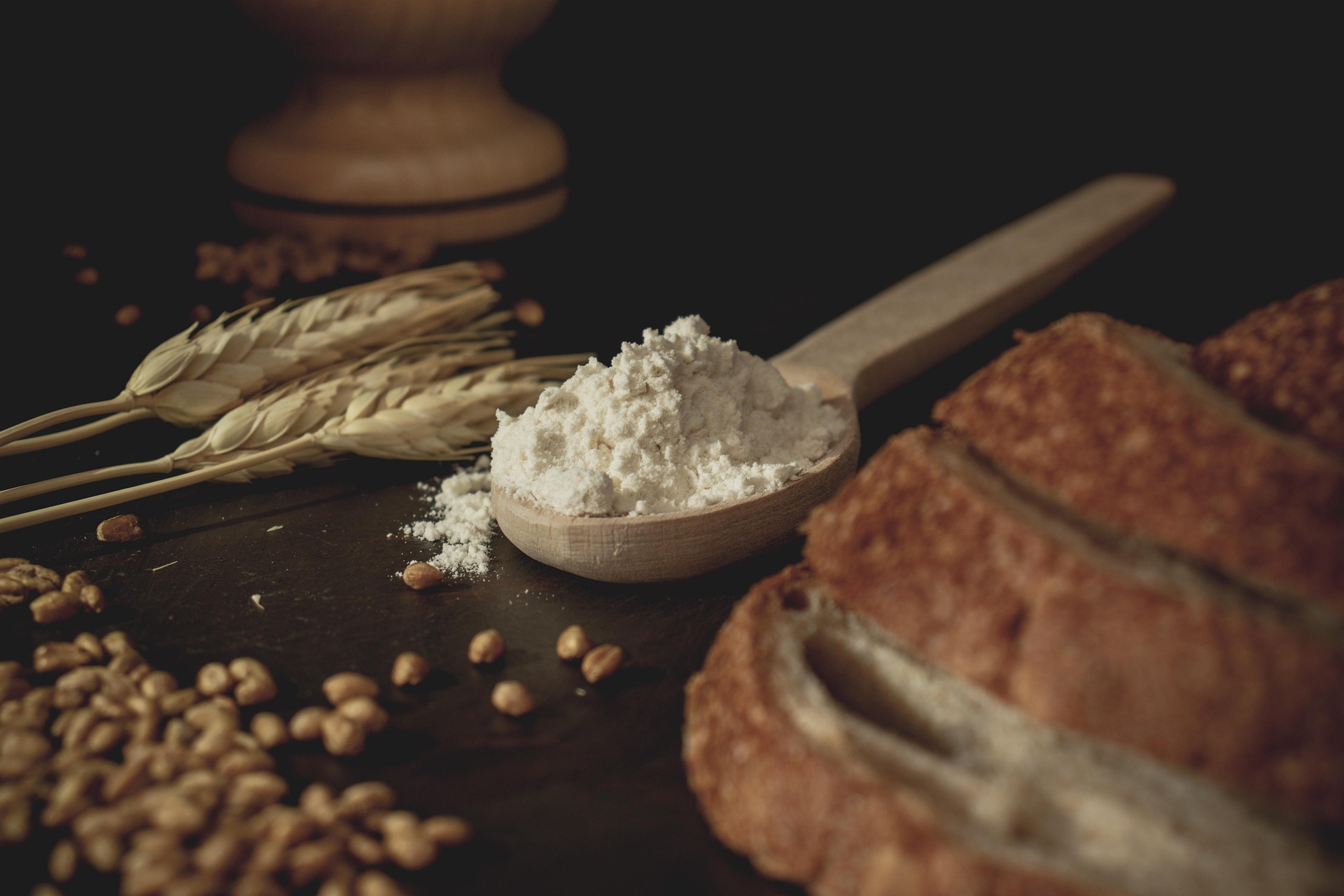
Domestically Milled Flour
Wheat is one of the most abundant crops in the U.S., particularly in the Midwest, where it is grown and milled. Flour brands that use domestically grown wheat are likely to remain stable in price. Any price changes will likely be due to domestic agricultural trends, not global trade shifts. VugarAhmadov / Pixabay
American-Made Bread
Most mass-produced breads sold in grocery stores are made with U.S.-sourced ingredients and baked within the country. Store-brand loaves and goods from local bakeries are typically unaffected by foreign tariffs. Unless ingredients or packaging supplies are imported—which is rare—price increases due to tariffs are unlikely. sofi5t / Pixabay
U.S.-Bottled Water
While imported bottled waters like Evian may see price hikes, most bottled water sold in the U.S. is sourced, processed, and packaged domestically. Brands like Dasani and Aquafina rely on local water sources and U.S. manufacturing facilities. Because of this, they should remain insulated from the effects of new tariffs. congerdesign / Pixabay
American Soda
Major soda brands like Coca-Cola and Pepsi produce their beverages in domestic bottling plants across the country. These drinks typically use locally sourced water and sugar or corn syrup, meaning international tariffs likely won’t affect their prices. If prices do change, it will likely be due to other factors such as packaging costs or marketing shifts. Bachizoom / Pixabay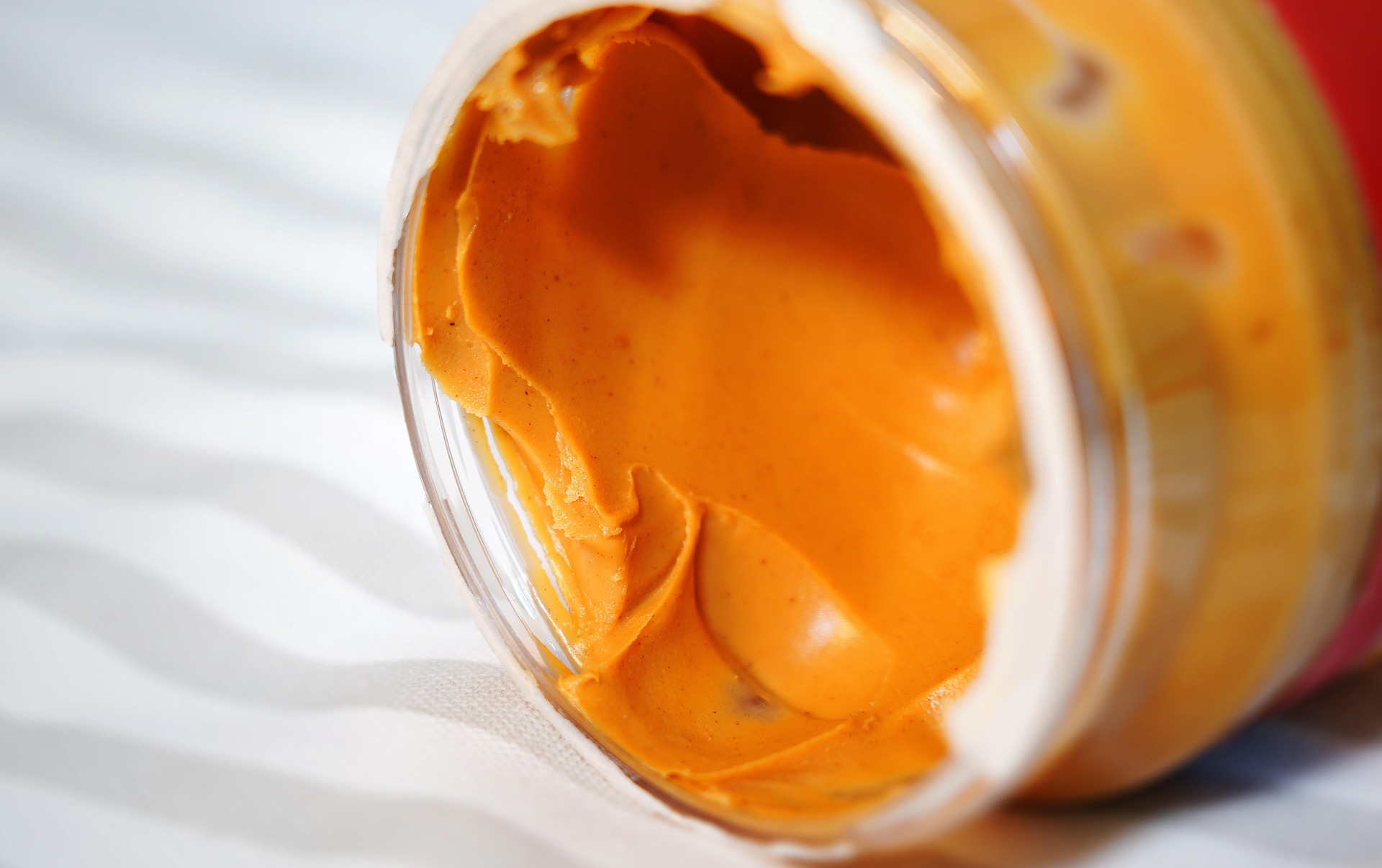
American-Made Peanut Butter
Peanuts used in popular spreads like Jif and Skippy are mostly grown in the Southern United States, particularly Georgia, Alabama, and Texas. The production and processing also occur domestically, which helps shield these products from tariff-induced price increases. As long as packaging and other materials remain unaffected, peanut butter prices should stay relatively stable. Rigby40 / Pixabay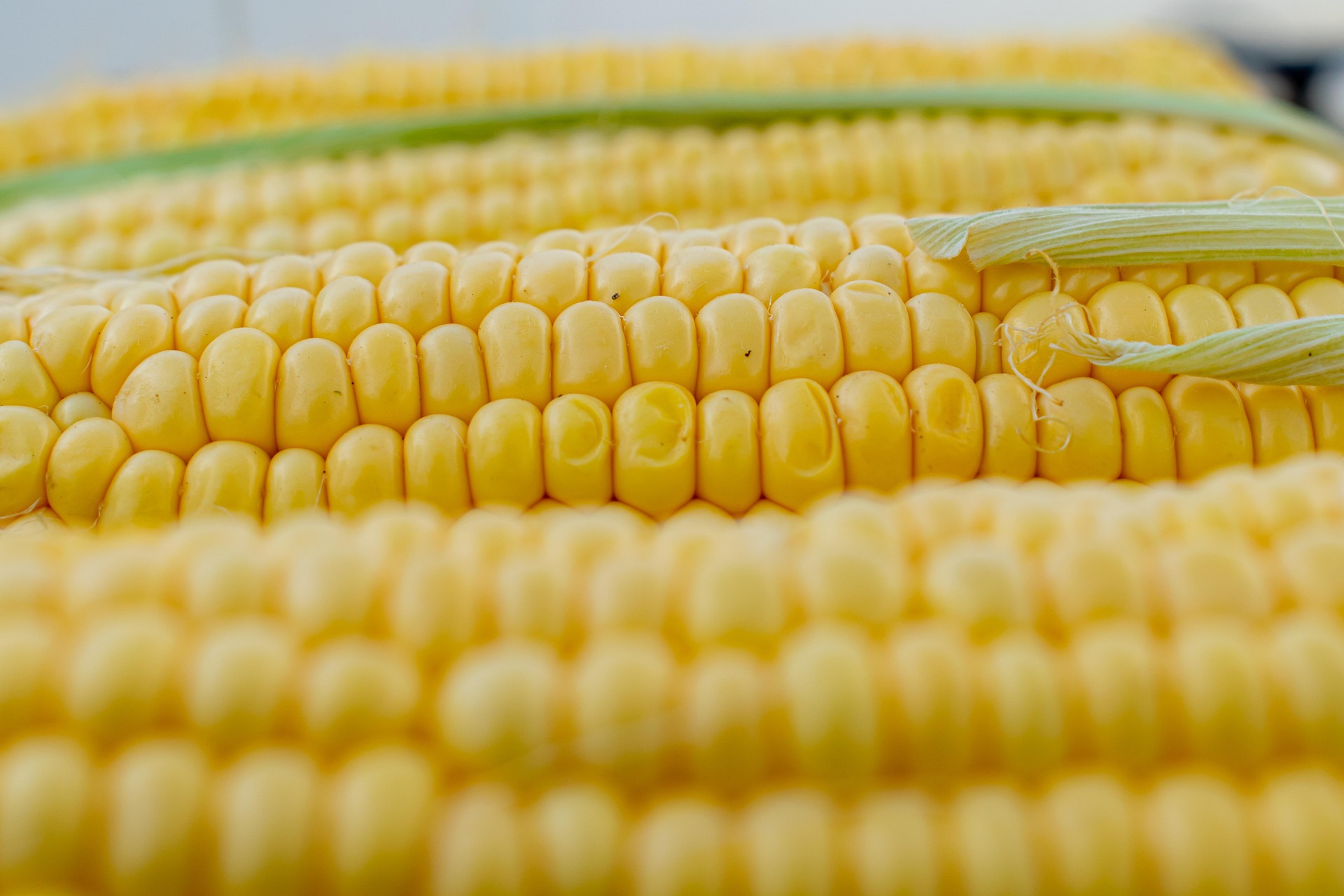
Canned Corn
Corn is one of the top crops grown in the U.S., and canned corn products from American brands are typically made with domestic produce. Companies that grow, can, and distribute within the U.S. won’t face the added cost of import tariffs. Still, packaging and fuel prices could influence overall costs. Coernl / Pixabay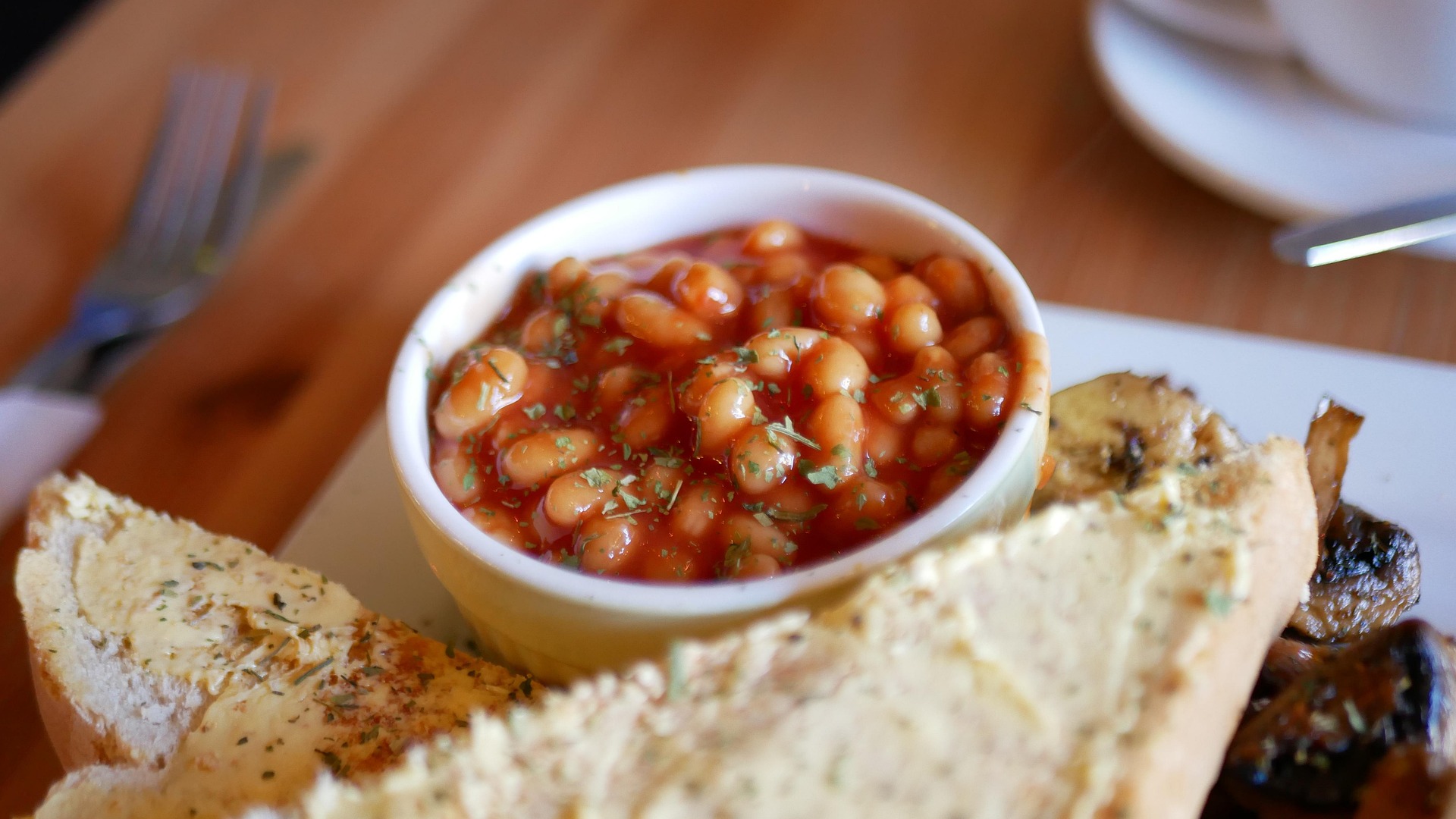
Canned Beans
Beans from brands like Bush’s are grown in the U.S. and canned domestically, making them less vulnerable to global supply chain disruptions. Since both the raw ingredients and the manufacturing process are handled locally, they are not likely to be impacted by tariff regulations. However, shoppers should note that prices could still change due to agricultural or transport issues. groovelanddesigns / Pixabay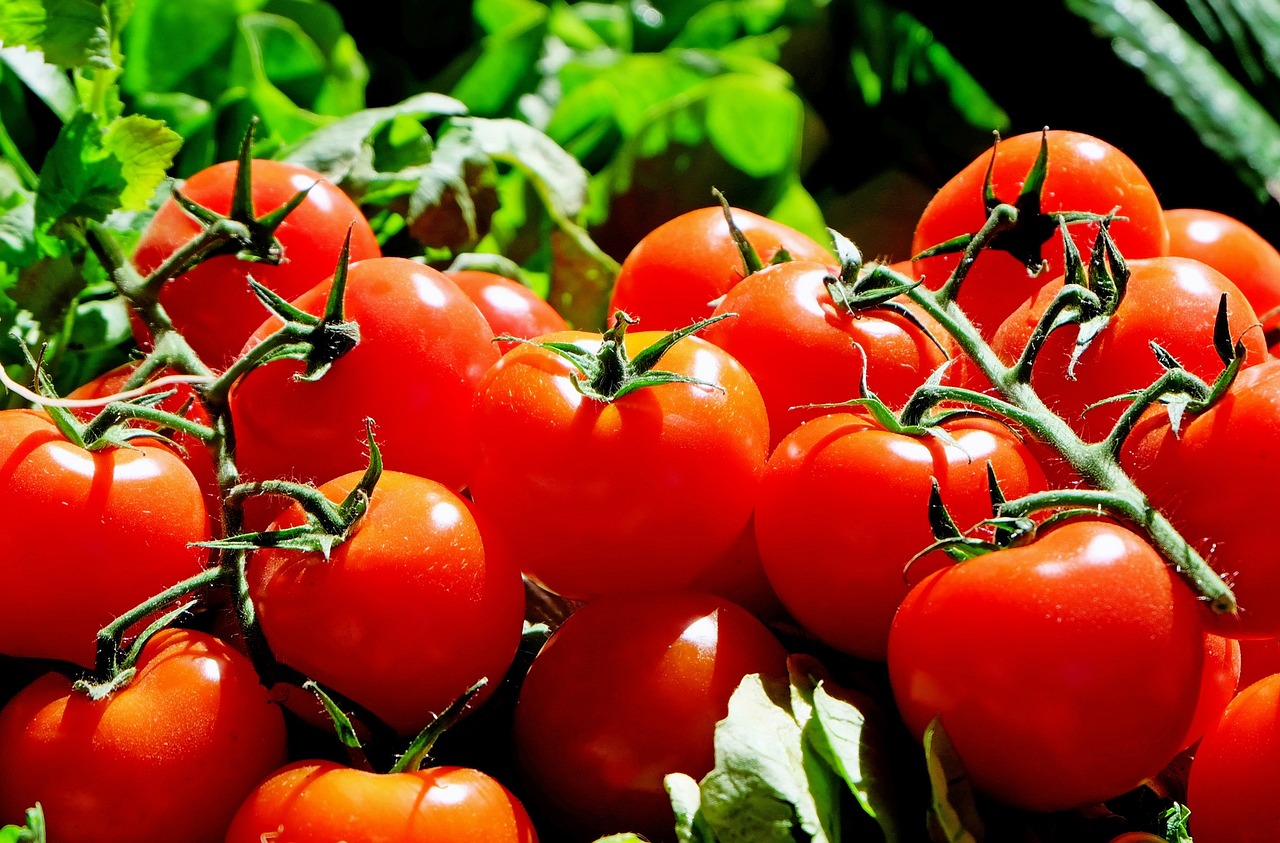
Canned Tomatoes
Many canned tomato products are made using tomatoes grown in California’s Central Valley, one of the largest tomato-producing regions in the world. These products are processed and canned locally, keeping the entire production line within U.S. borders. That means they are unlikely to see tariff-related price changes—though droughts or fuel surcharges could still affect pricing. Couleur / Pixabay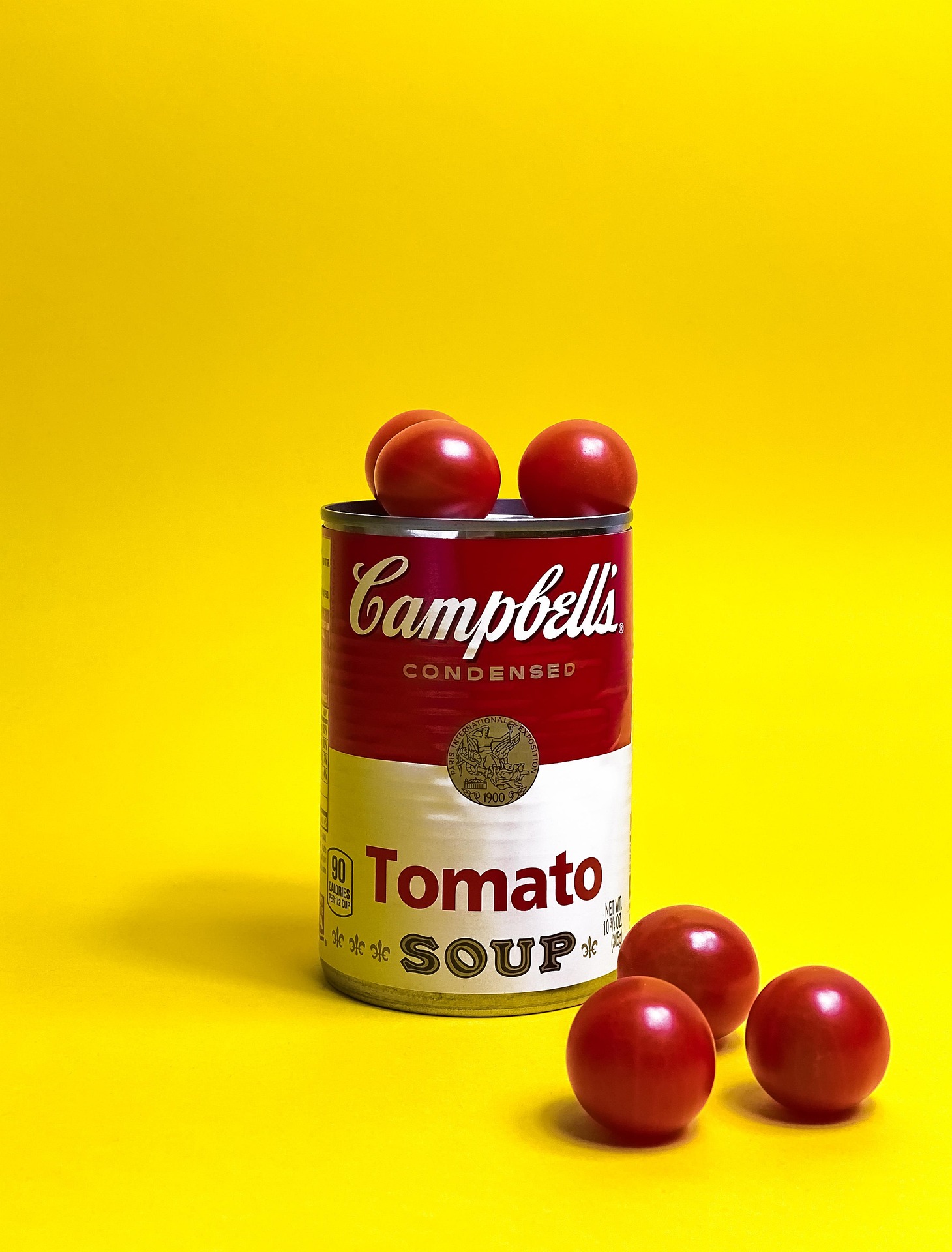
American Soups
Canned soups from U.S. companies like Campbell’s are typically made using domestic vegetables, meats, and packaging materials. While the price of soup could still rise due to labor or energy costs, it likely won't be due to the tariffs. Products made entirely within the country tend to be more resistant to international policy shifts. _badun / Pixabay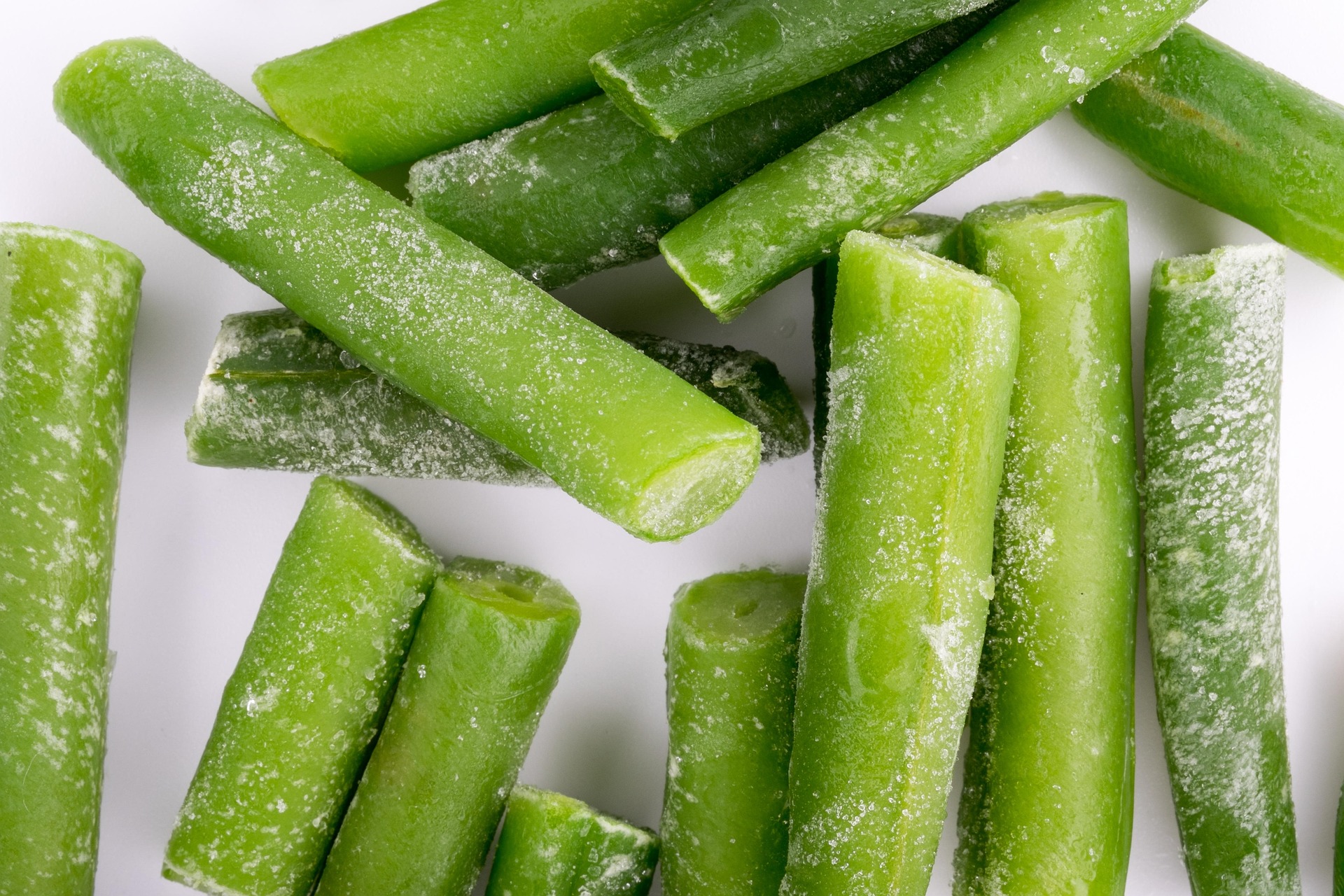
Store-Brand Frozen Vegetables
Frozen vegetables under store brands are often grown on U.S. farms and processed at local facilities before freezing. This keeps them well within domestic supply chains and away from the influence of international tariffs. That said, extreme weather or rising production costs may still affect availability and pricing. LeoNeoBoy / Pixabay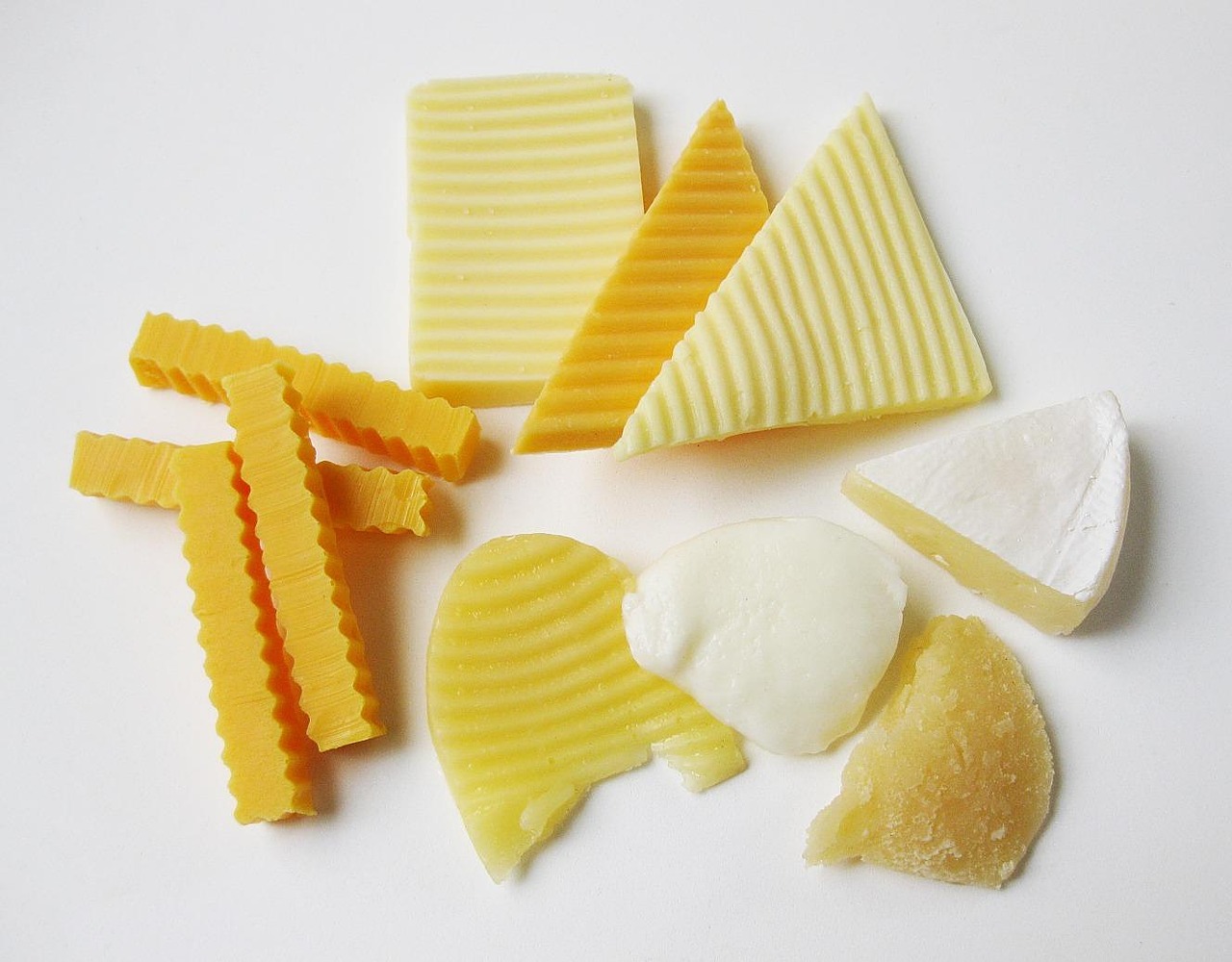
Domestic Cheese
Cheese made in the U.S., especially varieties like cheddar, mozzarella, and American slices, are unlikely to be impacted by new trade policies. These products are typically produced with local milk and processed within the country. However, imported specialty cheeses may see price hikes, so sticking with domestic varieties is a safer bet. PublicDomainPictures / Pixabay
U.S.-Produced Yogurt
Popular yogurt brands such as Chobani and Yoplait rely heavily on American dairy farms for their milk. Production and packaging are also based in the U.S., reducing vulnerability to international tariffs. Prices may still fluctuate based on dairy market trends, but tariffs likely won’t be the cause. ajcespedes / Pixabay
Steel and Aluminum-Packaged Goods
Since much of the U.S. supply of steel and aluminum is produced domestically, the packaging for canned foods and beverages is unlikely to face tariff-related cost hikes. This is good news for consumers who rely on shelf-stable staples like soups, beans, and canned vegetables. However, if packaging components are sourced from abroad, there could be slight adjustments. Anrita1705 / Pixabay